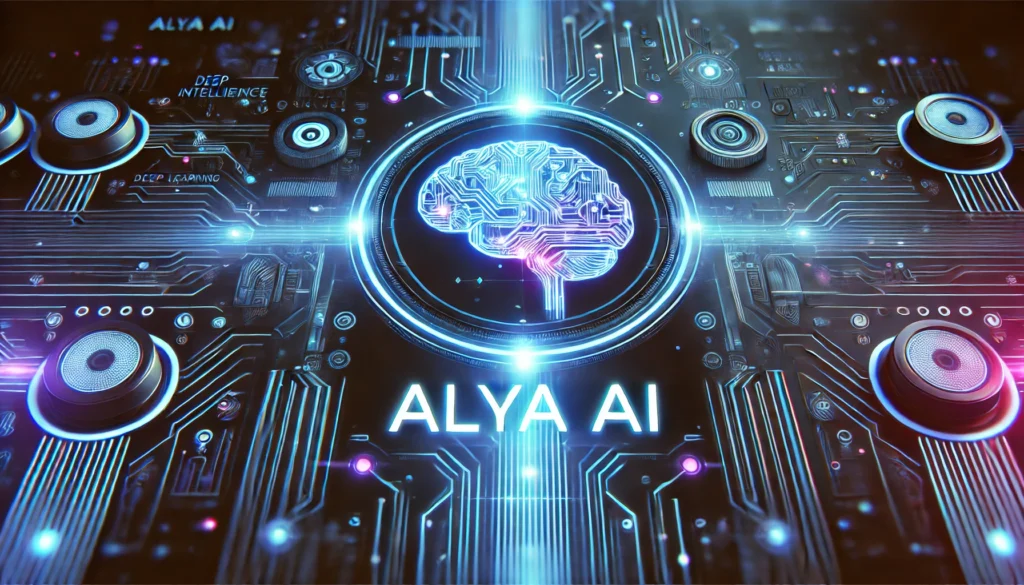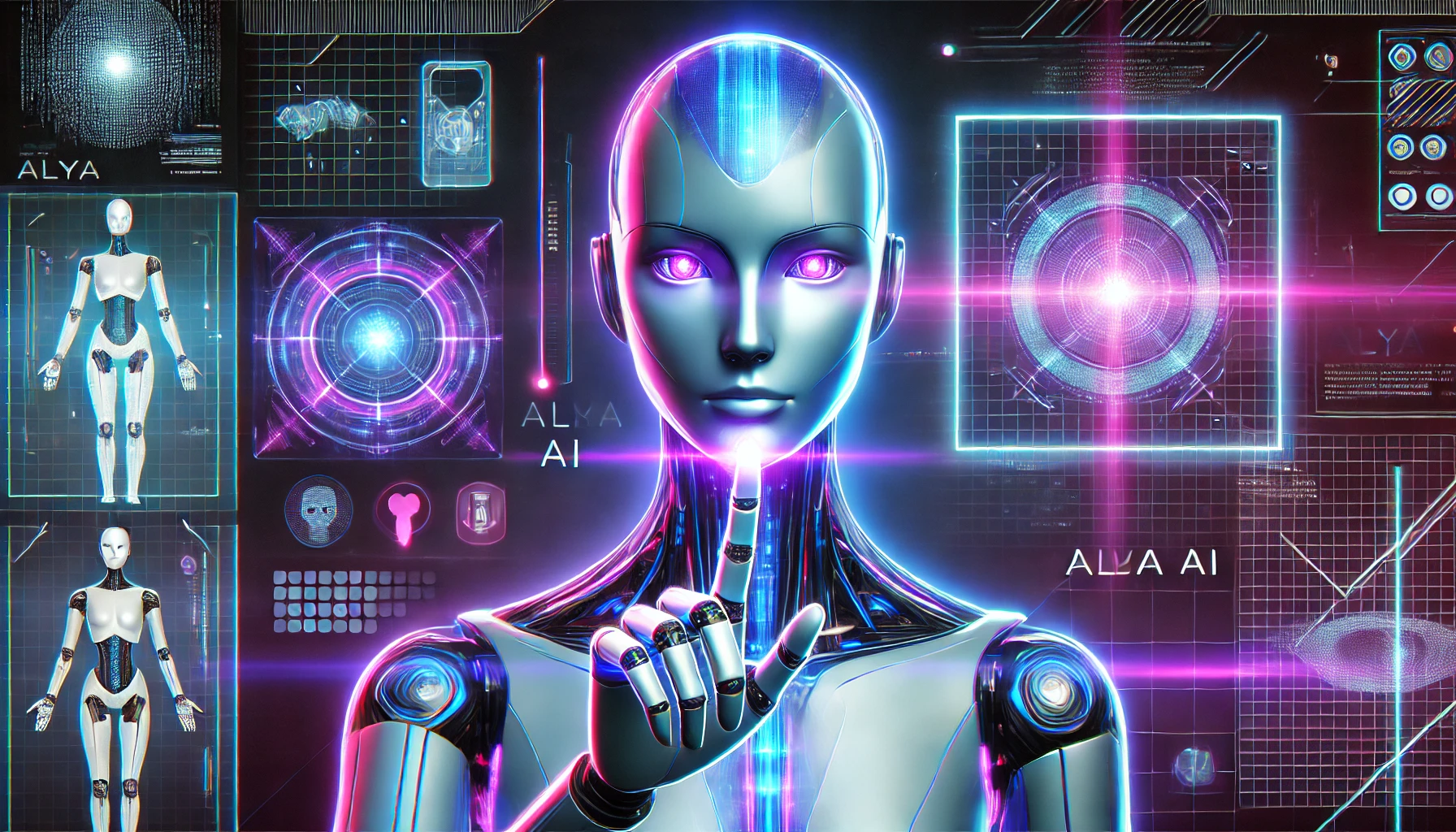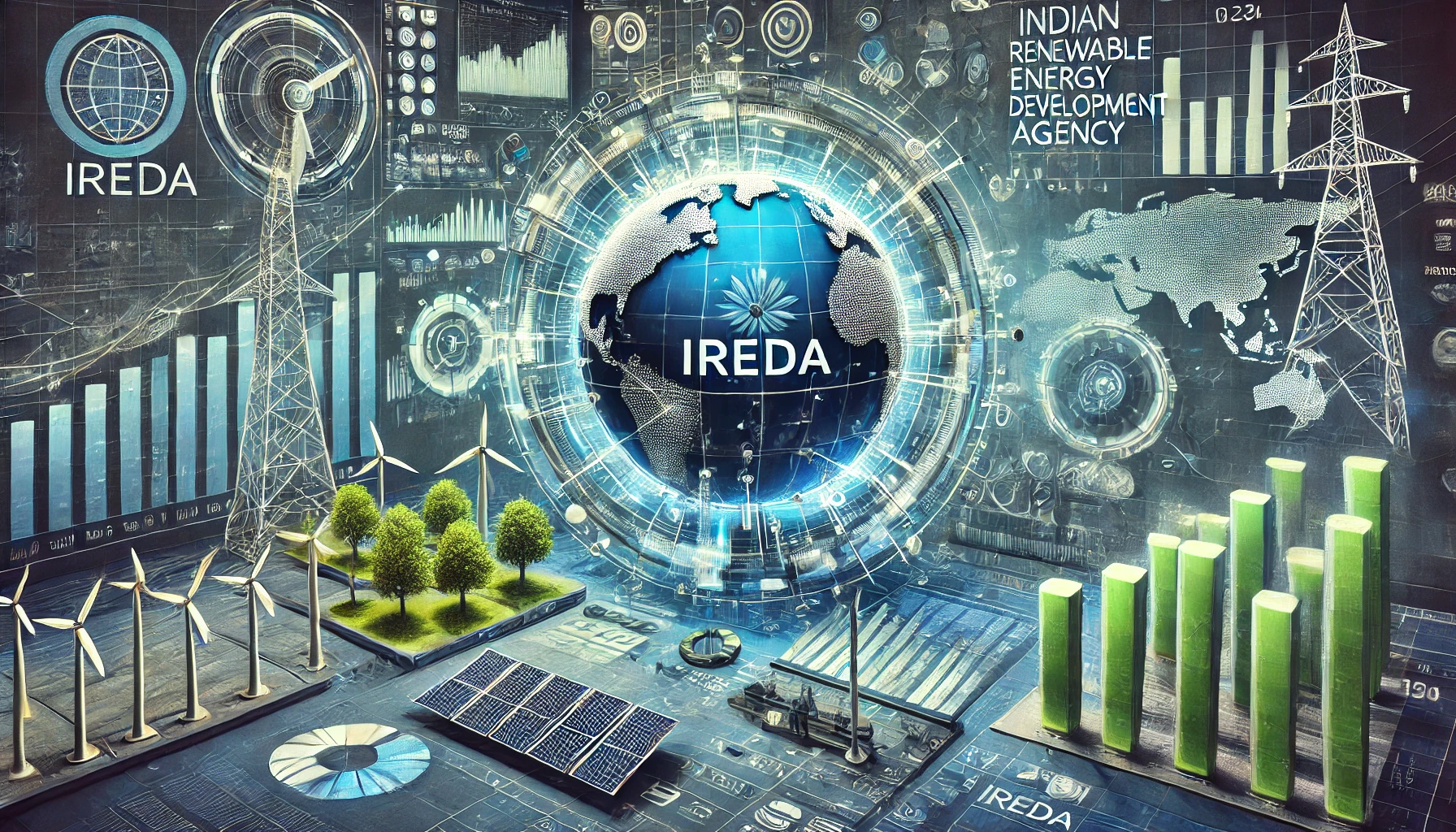Alaya AI: The Future of Decentralized Intelligence in 2025
Introduction to Alaya AI
Artificial intelligence (AI) is evolving at an unprecedented pace, with decentralized solutions emerging as the next big innovation. Alaya AI is a groundbreaking platform that integrates AI with decentralized networks, offering secure, transparent, and efficient AI solutions. Unlike traditional AI models that rely on centralized servers and data monopolies, Alaya AI leverages blockchain technology to create a distributed ecosystem where AI models can be trained, deployed, and refined collaboratively.
The idea behind Alaya AI is to democratize artificial intelligence, ensuring that its benefits are not limited to tech giants but accessible to businesses, developers, and individuals worldwide. The platform eliminates single points of failure, mitigates bias, and enhances security by distributing AI training across a network of nodes.
As the demand for privacy-focused and decentralized AI solutions grows in 2025, Alaya AI stands at the forefront of this revolution. It is designed to disrupt industries by enhancing data accessibility while ensuring compliance with ethical AI principles. This article explores how Alaya AI works, its applications, benefits, and future potential in the evolving AI landscape.
How Alaya AI Works: Core Technologies and Architecture
Alaya AI operates at the intersection of blockchain and artificial intelligence, combining the best of both worlds to create a decentralized intelligence ecosystem. Unlike traditional AI models that rely on centralized servers, Alaya AI distributes computation across a network of nodes, allowing for secure and transparent data transactions.
Blockchain and Smart Contracts
The backbone of Alaya AI is blockchain technology, which ensures that AI models and data transactions remain tamper-proof and traceable. Smart contracts play a crucial role in automating AI-related processes such as data validation, compensation for model training, and AI-generated insights. These contracts execute without intermediaries, ensuring a trustless environment for data exchange.
Machine Learning and Tokenomics
Alaya AI integrates machine learning (ML) models into decentralized networks, enabling collaborative AI training. Participants contribute data, computational resources, and expertise in exchange for incentives through tokenomics—a reward system URL that ensures fairness in AI development. The tokenized economy fosters an environment where contributors are fairly compensated while ensuring that AI models remain unbiased and diverse.
Security and Data Privacy
Privacy concerns are a major roadblock in AI adoption. Alaya AI addresses this issue through privacy-preserving computation and encryption techniques like zero-knowledge proofs (ZKPs) and homomorphic encryption. These ensure that data remains private even while being used for training AI models, setting a new standard for secure AI deployment.
Applications of Alaya AI Across Industries
Finance: Revolutionizing Trading and Fraud Detection
The financial industry heavily relies on AI-driven analytics for fraud detection and algorithmic trading. Alaya AI enhances decentralized finance (DeFi) platforms by providing real-time, transparent AI models that detect fraudulent transactions without compromising user privacy.
Healthcare: AI-Powered Medical Advancements
In healthcare, data privacy is a significant concern. Alaya AI enables secure medical data sharing while allowing AI models to be trained on global datasets without exposing patient records. This enhances the development of personalized treatments, disease prediction models, and AI-driven diagnostics.
Supply Chain: Transparent and Efficient Logistics
By integrating blockchain with AI, Alaya AI brings unparalleled transparency to the supply chain industry. AI models predict demand fluctuations, detect inefficiencies, and optimize logistics routes, reducing costs and improving delivery speed.
Marketing & Advertising: Data-Driven Consumer Insights
AI in marketing relies on vast datasets to personalize consumer experiences. Alaya AI allows secure AI-driven ad targeting, ensuring that brands reach their audience without violating privacy laws. Businesses can leverage decentralized AI models to create customized marketing campaigns with ethical data usage.
Autonomous Systems: AI for Smart Cities & Robotics
From self-driving vehicles to smart cities, Alaya AI plays a critical role in automating complex systems. Its real-time AI processing ensures URL that autonomous agents operate efficiently, making urban development and robotics safer and more intelligent.
Benefits and Challenges of Alaya AI

Key Advantages of Alaya AI
Democratization of AI – Unlike centralized AI models controlled by corporations, Alaya AI gives power back to developers and users.
Enhanced Data Security – Blockchain-backed encryption ensures privacy and integrity of AI training data.
Transparency & Accountability – Every AI decision and data source is recorded on a blockchain, reducing biases and ensuring ethical AI development.
Reduced AI Bias – With decentralized AI, models are trained on diverse datasets, reducing racial, gender, and geographical biases.
Challenges and Limitations
Scalability Issues – Running AI models on blockchain networks requires high computational power, which can slow down processes.
Regulatory Concerns – Governments and regulatory bodies may struggle to classify and oversee decentralized AI, leading to legal uncertainties.
Adoption Barriers – Traditional businesses may be reluctant to shift to decentralized AI due to technological complexity and integration challenges.
Future of Alaya AI and Its Potential Growth
Alaya AI is poised for significant growth as Web3, metaverse, and IoT ecosystems continue to evolve. The decentralization of AI aligns with the ethics-first approach that businesses and consumers are increasingly demanding.
Potential Growth Areas
- Decentralized AI Marketplaces – Platforms where users buy and sell AI models without intermediaries.
- AI-Powered DAOs – Decentralized organizations governed by AI-driven decision-making processes.
- Integration with Web3 – Seamless AI integration into the decentralized internet, enabling autonomous AI agents.
Industry leaders predict that Alaya AI will disrupt traditional AI monopolies by offering fair and secure access to AI technologies, making it a key player in the future of intelligent automation.
Conclusion
Alaya AI represents the next step in the evolution of artificial intelligence. By combining AI with blockchain technology, it ensures that data remains private, AI models are transparent, and contributors are fairly rewarded.
As AI regulations tighten and demand for ethical AI grows, Alaya AI’s decentralized intelligence model offers a sustainable, secure, and bias-free future. Whether in finance, healthcare, supply chains, or smart cities, Alaya AI is set to redefine how AI is developed, deployed, and managed.
FAQs About Alaya AI
What makes Alaya AI different from traditional AI models?
Alaya AI operates on a decentralized blockchain network, ensuring security, transparency, and fair AI training.
How does Alaya AI protect data privacy?
It uses zero-knowledge proofs (ZKPs), homomorphic encryption, and smart contracts to secure data transactions.
Can businesses use Alaya AI?
Yes! Businesses across finance, healthcare, marketing, and logistics can leverage Alaya AI for secure AI solutions.
What industries benefit the most from Alaya AI?
Finance, healthcare, supply chain, marketing, and smart city projects gain the most from Alaya AI’s capabilities.
How can developers contribute to Alaya AI?
Developers can participate in AI model training, smart contract development, and decentralized AI governance.
With its powerful combination of AI and blockchain, Alaya AI is a game-changer in the AI landscape, paving the way for a more secure, ethical, and decentralized future.
Share this content:




Post Comment